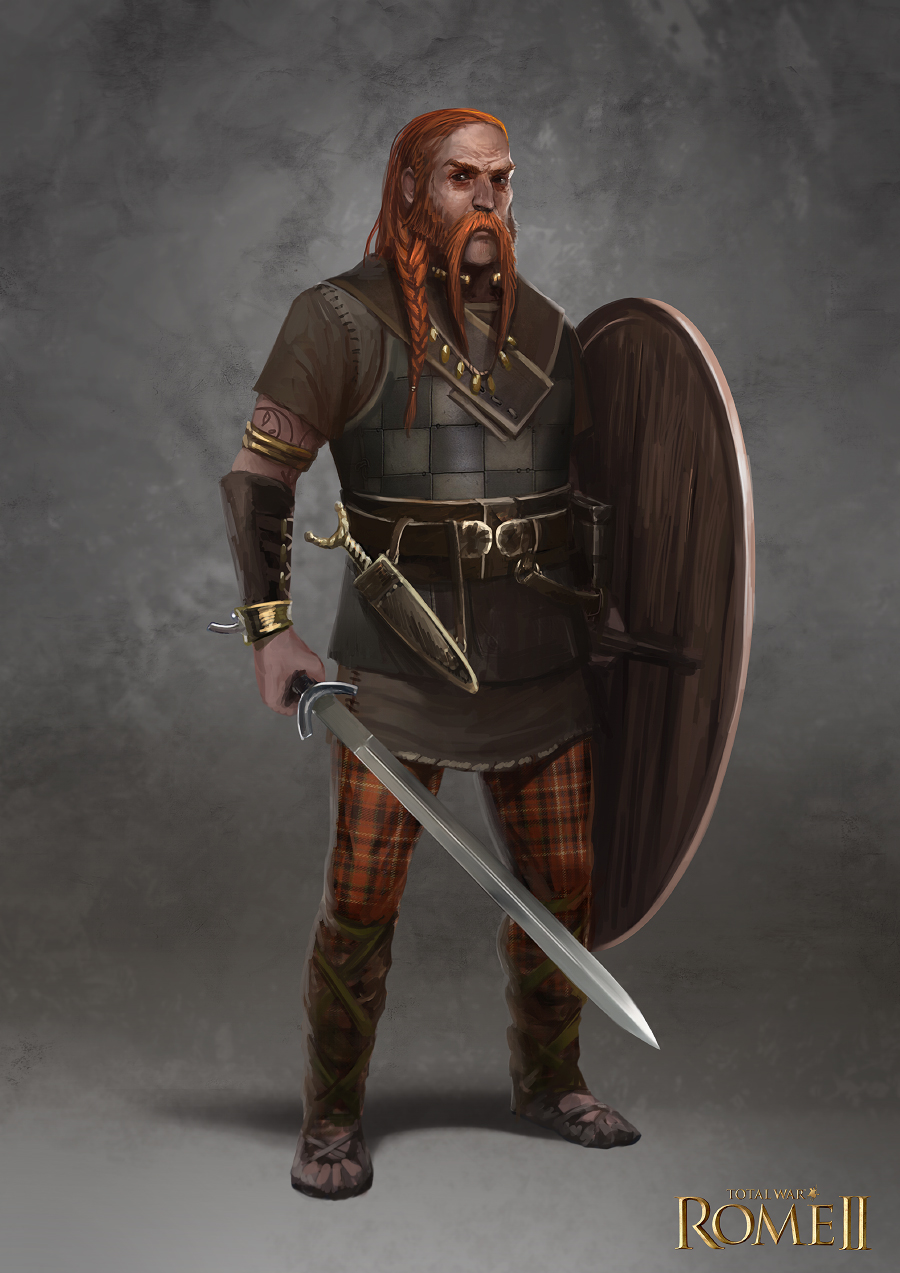I am reading about the Gallic invasion of the Balklands and always amazed how they were so effective against the Hellenistic armies. Its not surprising how they defeated early Rome and sacked it, but watching them steamroll a well reformed military dating back to Phillip II, Alexander and Antipater so surprising. They killed 1 Macedonian King in a major field battle, defeated another, sacked their way through Greece, routed another Greek expedition in Thermpolye before being put down.(many Gauls left Greece with plundered Gold BTW) and still Gauls found a settlement and was later used as prized mercenaries by the Greeks.
Just imagining a whole bunch of naked Gauls massacring a Macedonian field army is hard to imagine. The Macedonian army at this time was still very combined arms unlike the later vs. Roman era armies. How to the Gauls win in battle you think? Sheer numbers? I'm surprised a Companion cavalry charge is unable to route them. Plus the Pikes would butcher an army who was undisciplined and individualistic.





 Reply With Quote
Reply With Quote













